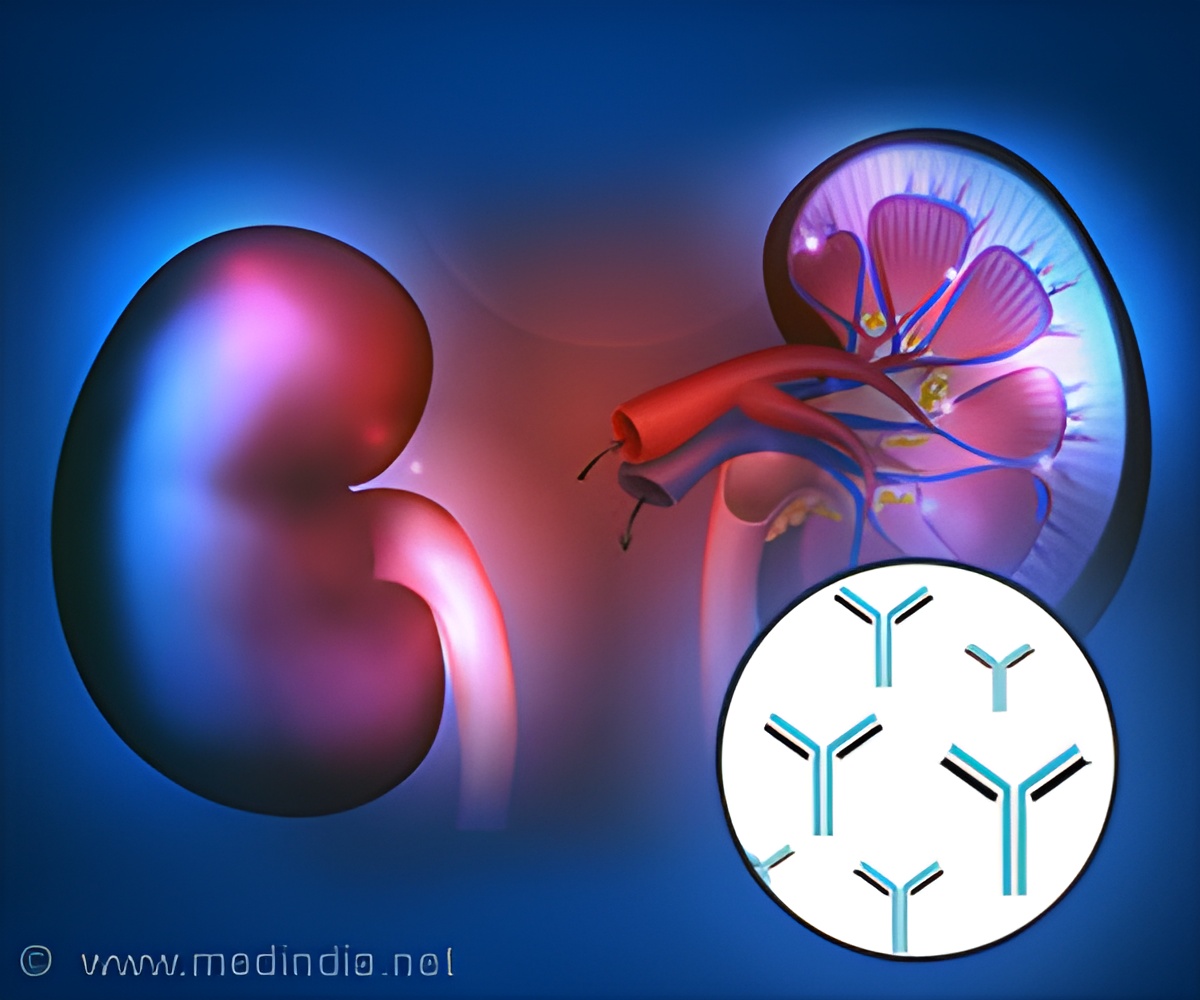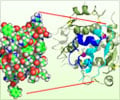Diabetic Kidney Disease: Uncover the latest insights into causes, prevention, and treatment options to manage and reduce the risk of this chronic condition.

Factor XII signaling via uPAR-integrin β1 axis promotes tubular senescence in diabetic kidney disease
Go to source). A research team at the University of Leipzig Medical Center has now identified a signalling mechanism that causes damage to kidney cells. Coagulation factor FXII (F12), also known as Hageman factor, is involved in this process.
‘Coagulation factor FXII (F12) is discovered in the urine of patients #diabetic #kidneydisease. Could this lead to earlier diagnosis and treatment? #diabetes #kidneyhealth’





“Its production is increased in the body when blood sugar levels are high,” says Ahmed Elwakiel, lead author of the study and scientist at the University of Leipzig Medical Center. Independent of its normal function in blood coagulation, FXII has a different effect on the tubular epithelial cells of the kidney: through a receptor mechanism, it forms a complex with two other proteins that have different functions in the body. A Molecular "On-Off Switch" Gone Wrong: The Link Between Diabetes and Kidney Disease
This complex acts like a molecular on-off switch. It sends a signal to produce more oxygen free radicals. This leads to oxidative stress and DNA damage in the cell. “In contrast to normal cell communication, however, the switch remains on under diabetic conditions; there is no pause button,” says Ahmed Elwakiel. In the long term, the constantly increasing oxidative damage can neither be absorbed nor repaired. The kidneys then no longer function properly and the problem worsens over time.“The concentration of FXII correlates with the severity of the disease: the higher the value, the more damaged the kidney is. This makes the value a useful diagnostic marker,” says the head of the Institute of Laboratory Medicine, Clinical Chemistry and Molecular Diagnostics. FXII can be detected in the early stages of the disease and is therefore an important indicator of whether treatment is likely to be successful.
To determine the presence of FXII in the human organism and how it affects diabetes, the researchers analysed clinical values, kidney biopsies and urine samples from several human cohorts, including the LIFE Adult Study from the Faculty of Medicine at Leipzig University and the HEIST-DiC cohort from Heidelberg University.
The relationship between FXII and impaired kidney function was also clearly evident in mouse models: the scientists compared the kidney function of diabetic mice that produced FXII with that of mice in which they had temporarily blocked the production of FXII. “The kidney function of the mice that produced FXII was significantly worse,” says Elwakiel. Furthermore, inhibiting FXII production in mice with clinical signs of kidney damage largely improved kidney function. The approach discovered by the scientists could therefore also have a therapeutic outcome in cases of established kidney damage. “Another approach would be to prevent the formation of the entire signalling complex,” says the pharmacologist. In in vitro cell experiments, it was possible to stop the mechanism in this way.
Advertisement
Reference:
- Factor XII signaling via uPAR-integrin β1 axis promotes tubular senescence in diabetic kidney disease - (https://www.nature.com/articles/s41467-024-52214-8)
Source-Eurekalert















